CA Provider Warning: P&S vs Med-Legal Reports
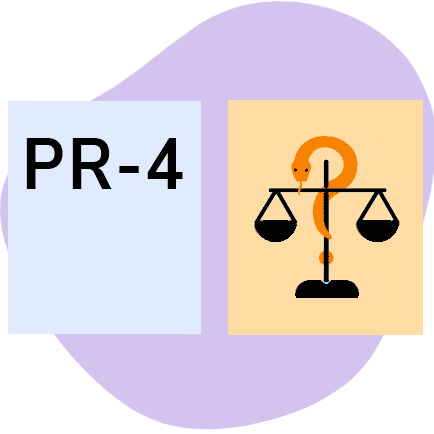
This is an essential report warning for California providers. A Permanent and Stationary (PR-4) report and a Medical-Legal evaluation report are not interchangeable. Before issuing either, be sure that you’re eligible to do so.
An injured worker’s applicant attorney, along with Sutter Health’s Workers’ Compensation Department, recently conflated these two reports, requesting that a psychologist issue a “Permanent and Stationary report for [patient name] as a Medical-Legal evaluation,” a report that categorically does not exist.
The psychologist was neither the injured worker’s primary treating physician (PTP) nor the selected Medical Evaluator (QME or AME). According to California laws, the psychologist was not eligible to issue either a PR-4 report or a Medical-Legal report, let alone a strange hybrid of the two reports.
However, the provider followed Sutter’s and the applicant attorneys’ request, reviewed 2,309 pages of records, and prepared a 35-page report—for which Sutter Health denied payment.
This incident is a critical warning. California law defaults to the payer's advantage if a provider unwittingly furnishes an authorized report they were not eligible to perform. The claims administrator may refuse payment, leaving the provider with little payment recourse.
Pay close attention to applicant attorney and claims administrator requests and never assume those requests comply with the law.
Applicant Attorney’s Strange Request
Last year, an injured worker’s applicant attorney sent the psychologist what we can only call a confusing request. The applicant’s attorney’s letter is labeled as a “Declaration pursuant to 8 CCR 9793(n),” which refers to the requirements for compliantly submitting medical records for review as part of a Medical-Legal evaluation.
However, the letter explained that the provider would find “enclosed documents for review concerning the Neuropsychological P&S Evaluation.” The line referring to QME/AME services is struck through, and the “P&S Eval” checkbox is marked.
So, the letter appears to be requesting a Permanent and Stationary (P&S) report from a psychologist who is not the injured worker’s primary treating physician (PTP).
The applicant's attorney sent the provider 2,309 pages of records to review for the requested report.
P&S Reports in CA Workers’ Comp
In California, a PTP furnishes P&S reports to establish that the injured worker’s condition has reached a point where it is neither improving nor worsening. Per its instructions, the PR-4 form (below) is “designed to be used by the primary treating physician to report the initial evaluation of permanent disability to the claims administrator.”
P&S reports are in no way, shape, or form Medical-Legal evaluation reports. The instructions on the required P&S report form (the PR-4, shown below) explicitly declare that the form is for use by the PTP and not by a QME or AME.
Accordingly, since this psychologist is not the PTP, they are not eligible to complete a P&S report. More importantly, the Physician Fee Schedule does not allow record review reimbursement for P&S reports.
Med-Legal Reports in CA Workers’ Comp
Just as incoherently, the applicant attorney’s letter explicitly requests “a final medical-legal report…”
In California, AME and QMEs issue Comprehensive, Follow-Up, and Supplemental Medical-Legal evaluation reports. There is no such thing as a “final medical-legal report.”
More importantly, only QMEs, AMEs, and PTPs can issue a Medical-Legal report. The psychologist was none of these.
Per the Division of Workers Compensation (DWC), Medical-Legal reports “are used to determine an injured worker's eligibility for workers' compensation benefits.” These evaluations must be conducted by a Qualified Medical Evaluator (QME) selected from a state panel or an Agreed Medical Evaluator (AME) agreed upon by both parties. A PTP may also issue a Medical-legal report.
This applicant attorney’s letter lists the primary and secondary treating physicians and the three QMEs involved in the injured worker’s claim (none of which are the psychologist’s name).
Sutter Health Adds to Confusion
Both sides of this dispute were equally confused, as demonstrated by Sutter Health’s authorization for this Final-P&S-Med-Legal Frankenreport (with 2,300+ pages of medical records).
The applicant attorney forwarded the provider an authorization (below) from Sutter Health, which instructed the provider to prepare a “Permanent and Stationary report” for the patient “as a Medical-Legal evaluation and payment at the medical-legal rate.”
Huh?
As we will explore in a future article, Sutter Health ultimately denied payment for the Frankenreport it jointly requested with the applicant attorney and formally authorized.
It is mind-boggling to consider that both the applicant attorney and the payer are seemingly unaware of the distinction between P&S and Medical-Legal reports, let alone demonstrate zero knowledge of which providers can provide such reports.
However, as demonstrated by Sutter Health’s payment denial, California ensures that only providers bear the consequences when laws and regulations are not followed.
Don’t let this happen to you.
Med-Legal billing requires specialized expertise. daisyCollect pros use our advanced software (and years of experience) to protect your practice. Schedule a demo below:
SCHEDULE DEMO
DaisyBill provides content as an insightful service to its readers and clients. It does not offer legal advice and cannot guarantee the accuracy or suitability of its content for a particular purpose.
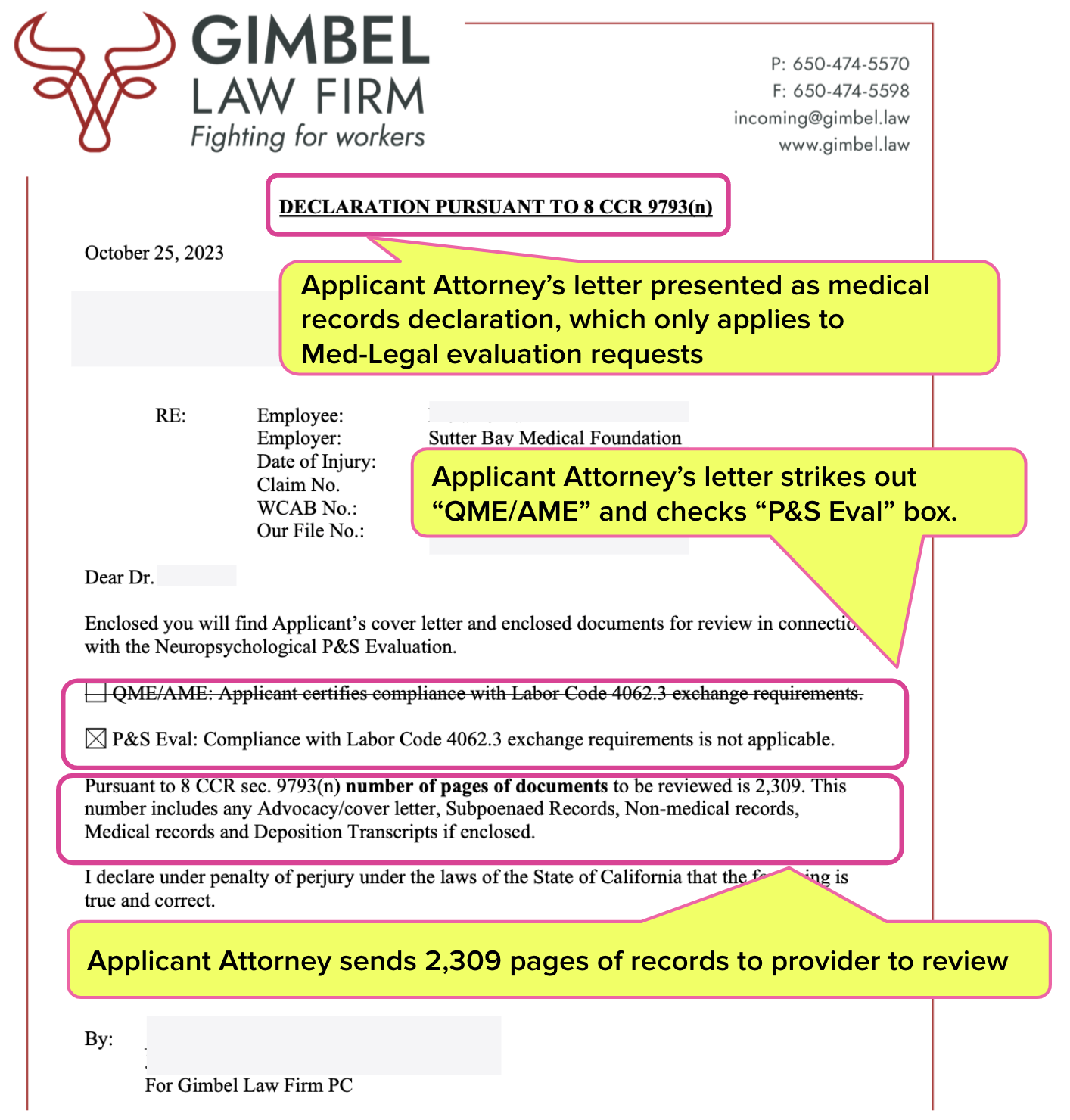
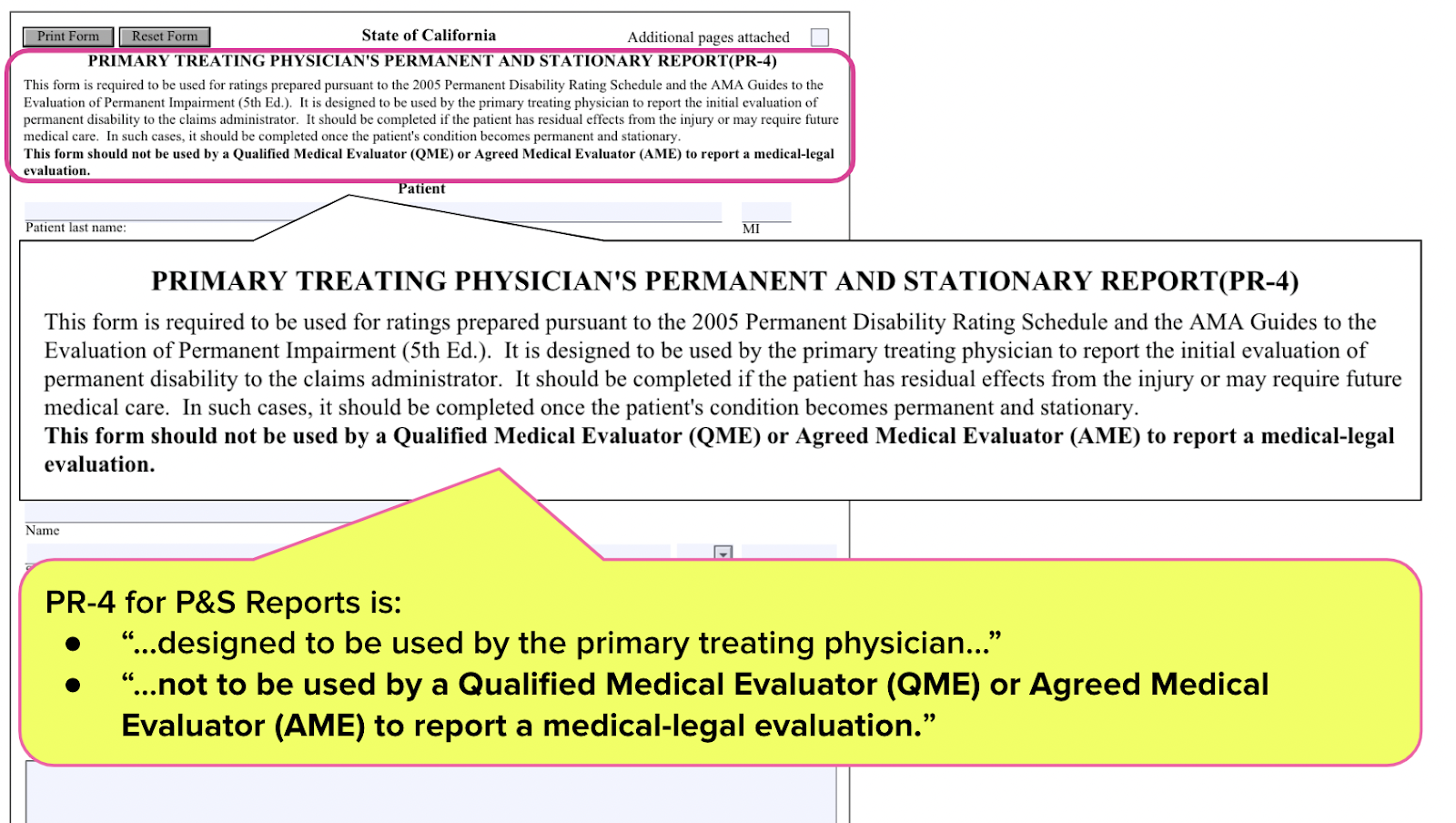
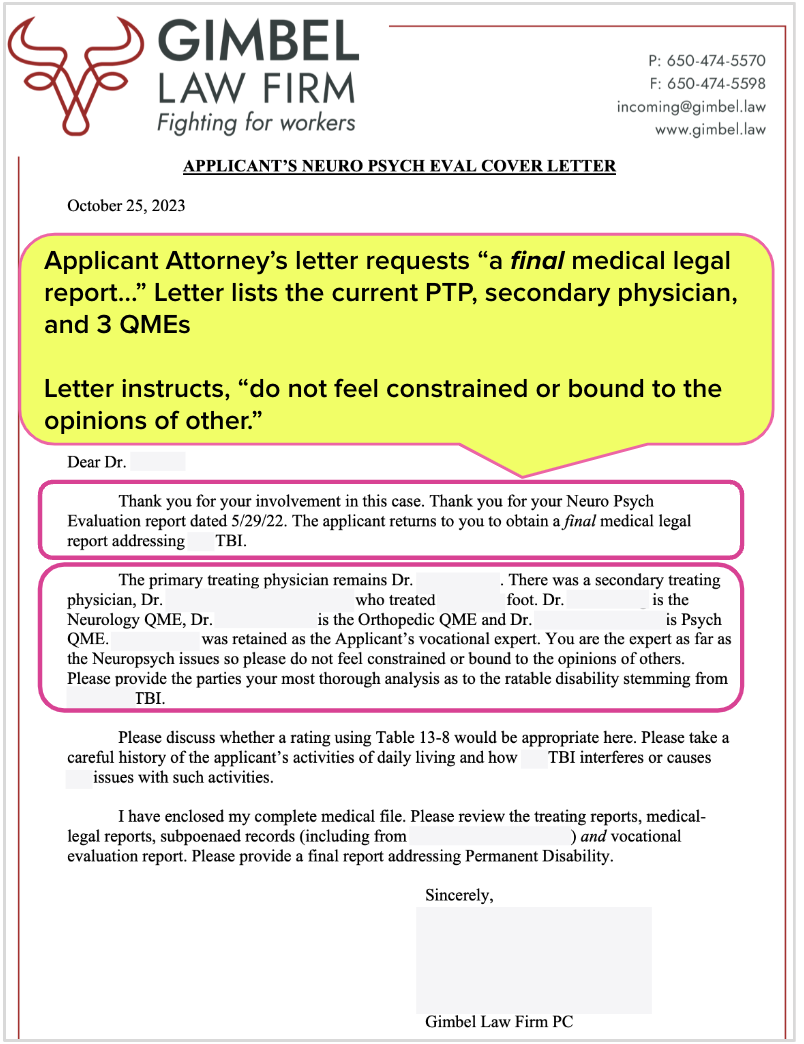
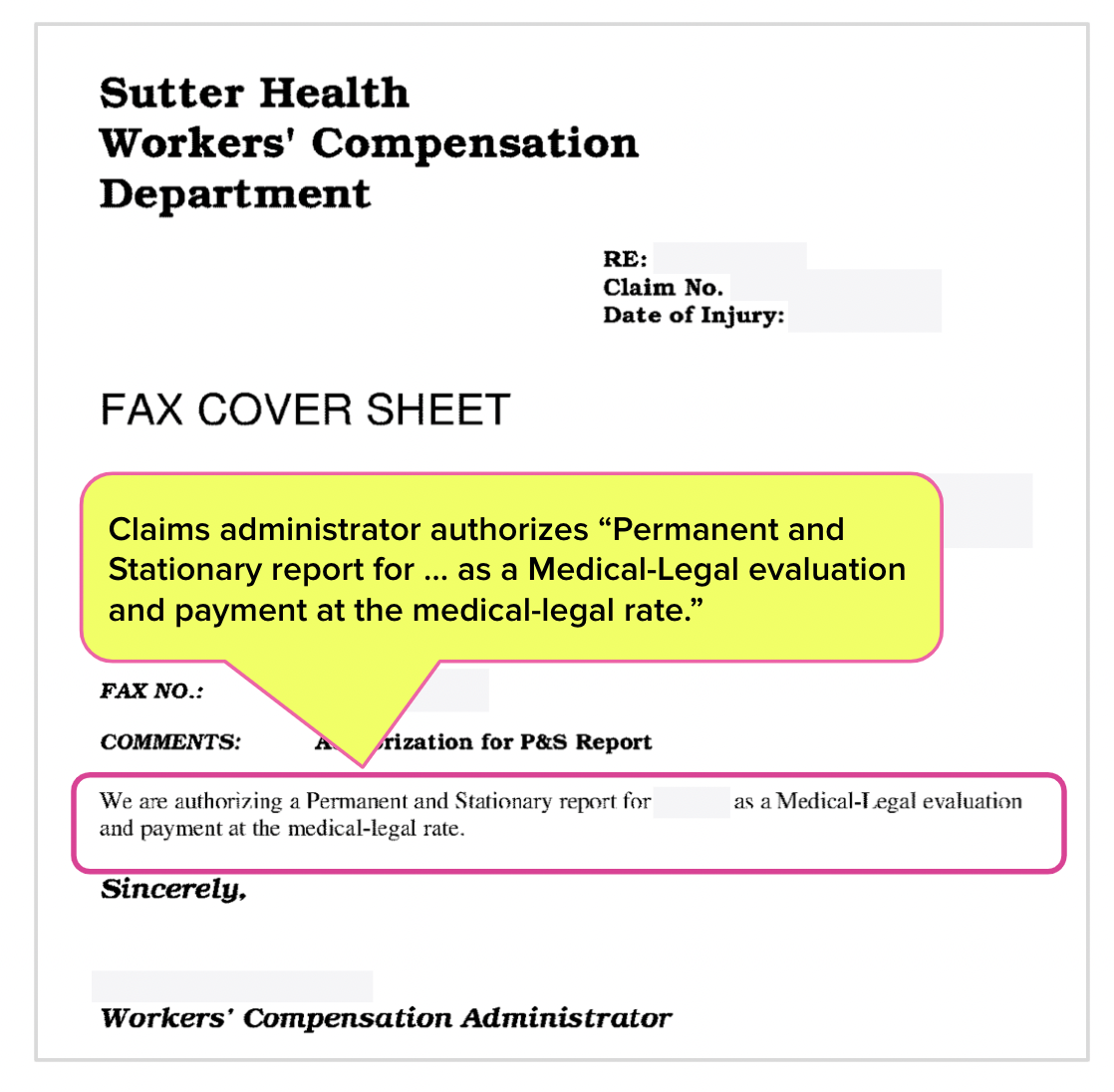




.png)
